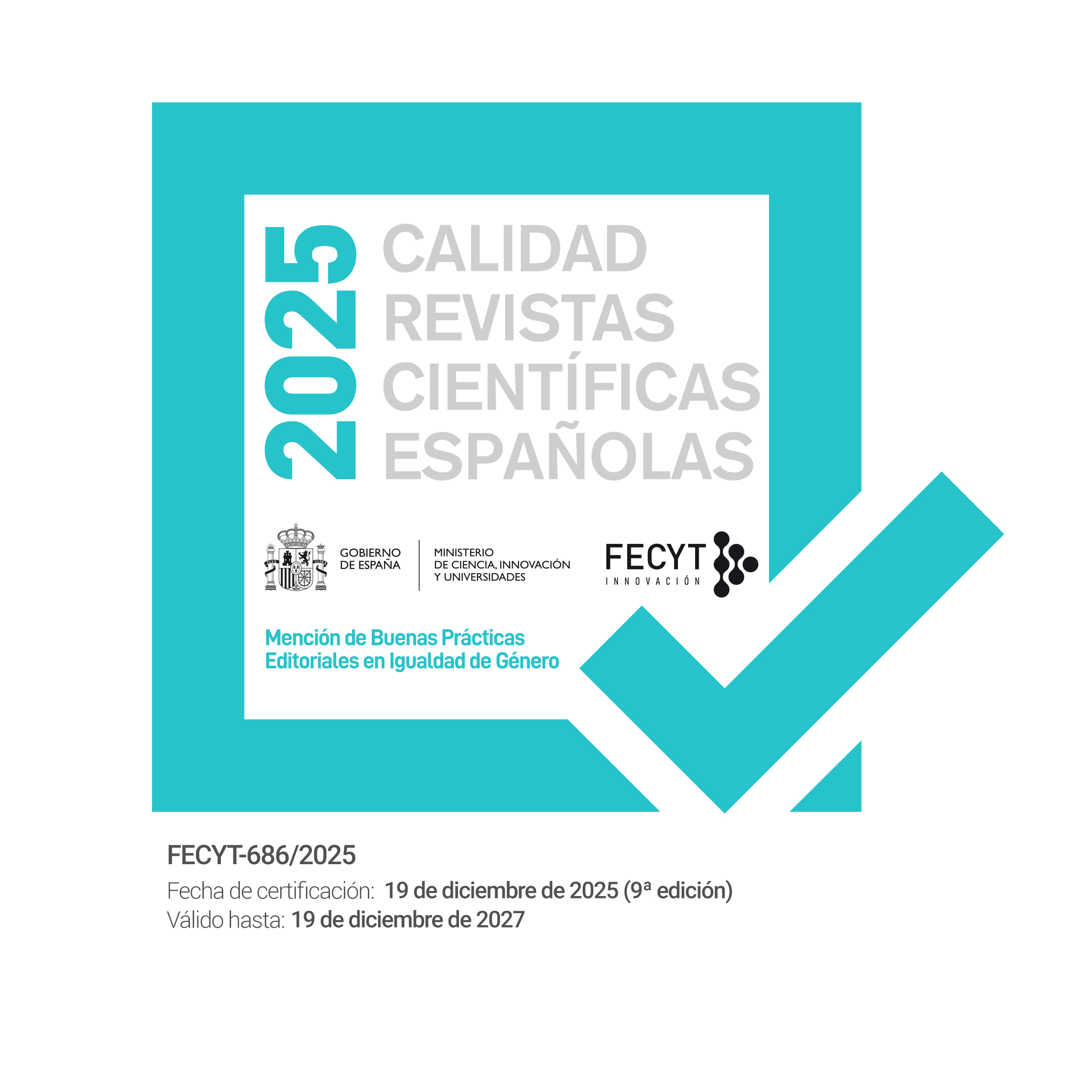Oral language in a group of children with dysfunctions of learning and in a group control.
DOI:
https://doi.org/10.55414/svgtw710Abstract
The oral language is a communicative conduct that is specifically human, having at the same time and important role in the process of scholar learning in children. The principal objective went determine if differences exists in the oral Language between a group of school age children diagnosed with a learning disability compared to a control group. The sample went 8 children with learning disabilities and 8 children from a control group, with an age range of 7 to 9 years that were currently enrolled in elementary school in private schools of middle-high socioeconomic status in the city of Cali. For the diagnosis of learning disability, the CEPA (Learning disability questionnaire), the reading, writing, and math subtests from the ENI (Neuropsychological Infantile Assessment), The international mini neuropsychiatricinterviewfor children and adolescent, also the Wechsler Intelligence children scaleWISC-R; the subscale of oral language from the neuropsychological infantile assessment (ENI) was applied to both groups. We found significant differences between groups in repetition task (words and non words) following verbal directions and sentence repetition. The findings of this study suggest that children with learning disability present a deficit in auditive-verbal retention and failure in the phonologic conscience as the primary defect of the disability.
CITE AS:
Quijano Martínez, M.C., Aponte Henao, M., León Muñoz, S. & Romero Echeverry, A.H. (2010). Lenguaje oral en un grupo de niños con trastornos de aprendizaje y un grupo control. Apuntes de Psicología, 28, 403-413.
Downloads
Downloads
Published
Issue
Section
License
Copyright (c) 2010 Apuntes de Psicología

This work is licensed under a Creative Commons Attribution-NonCommercial-NoDerivatives 4.0 International License.



























